STEEL STRUCTURE Laboratory
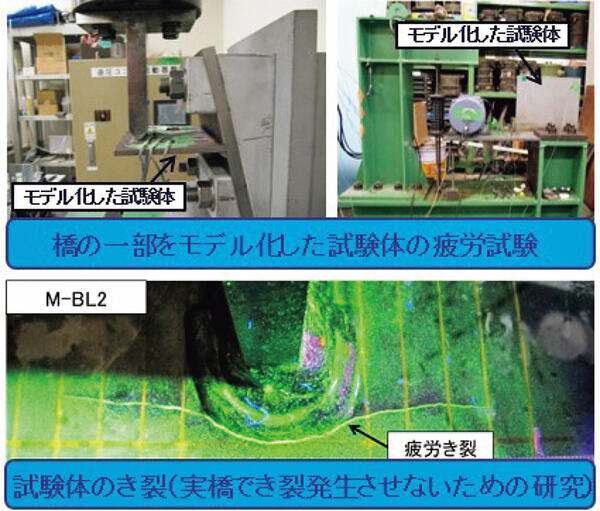
Rresearch images
safety
The Civil Engineering Course aims to develop human resources who can contribute to the construction of a sustainable society by equipping them with knowledge and problem-solving skills related to technologies and systems for the construction and management of social infrastructures essential to community's lives, as well as technologies and systems for disaster prevention and environmental issues.
The Civil Engineering Course aims to train engineers and researchers with advanced and broad knowledge in the field of infrastructural engineering and the ability to think flexibly, and who can solve various problems related to infrastructural engineering and the environment in order to realize a sustainable society on a global scale.
A master's degree in engineering will be awarded to those who meet the following criteria.
In the Civil Engineering Course, the curriculum is structured with the goal of enabling students to acquire the following abilities in accordance with the Diploma Policy and the objectives of education and research.
The Civil Engineering Course aims to train engineers and researchers with advanced and broad knowledge in the field of infrastructural engineering and the ability to think flexibly, who can solve various problems related to infrastructural engineering and the environment in order to realize a sustainable society on a global scale. The course seeks students who have basic and specialized knowledge at the bachelor's level in civil engineering, communication skills including foreign languages, a broad perspective on society, and a desire to acquire in-depth knowledge, skills, and knowledge in specialized fields related to social infrastructure studies.

 safety
safety
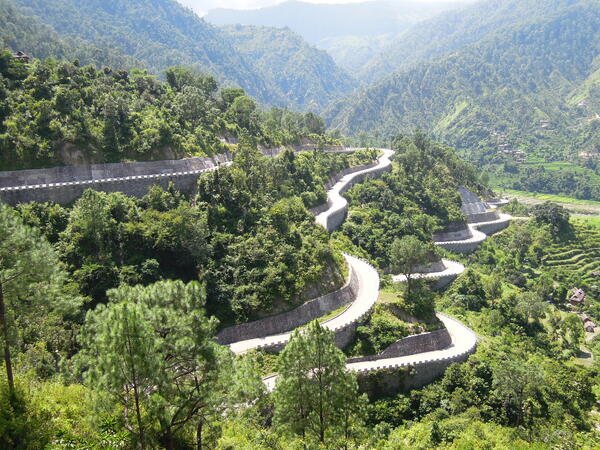
 society
society safety
safety environment
environment


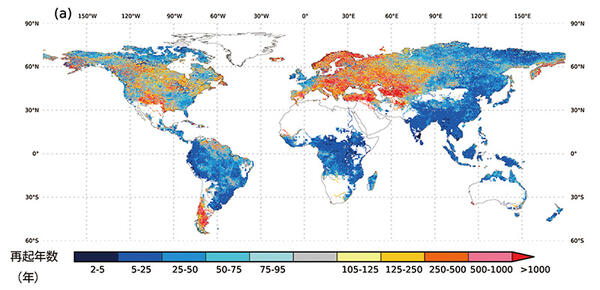
 environment
environment


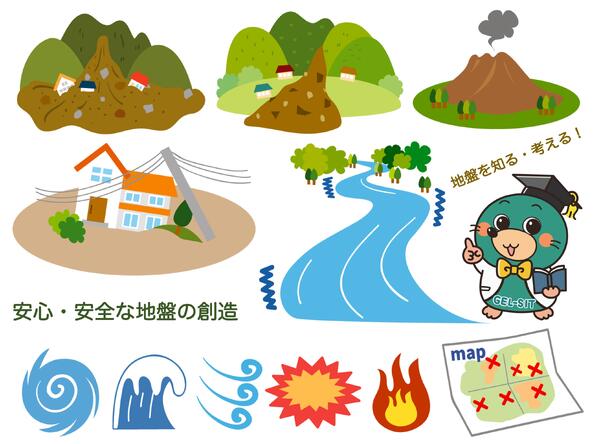
 material
material safety
safety environment
environment


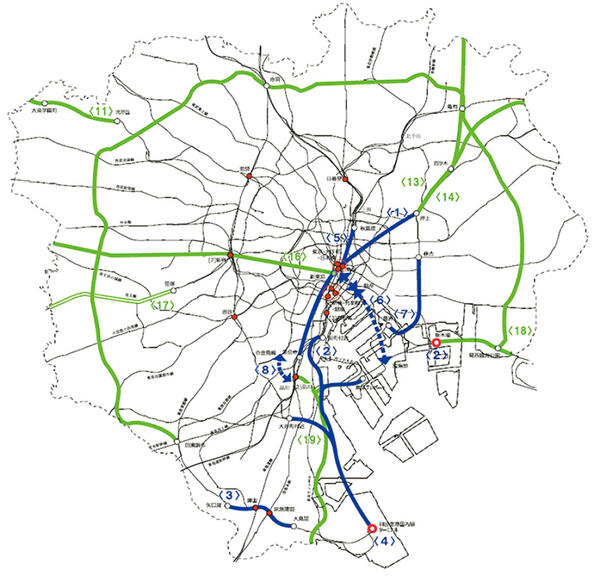
 society
society

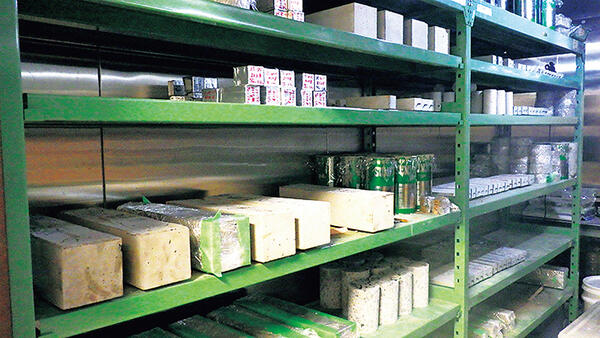
 safety
safety
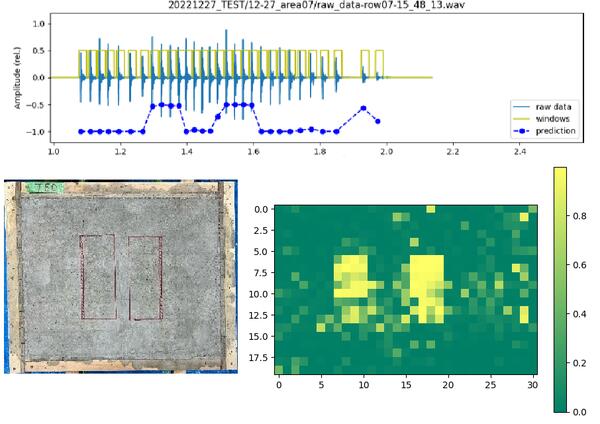
 safety
safety
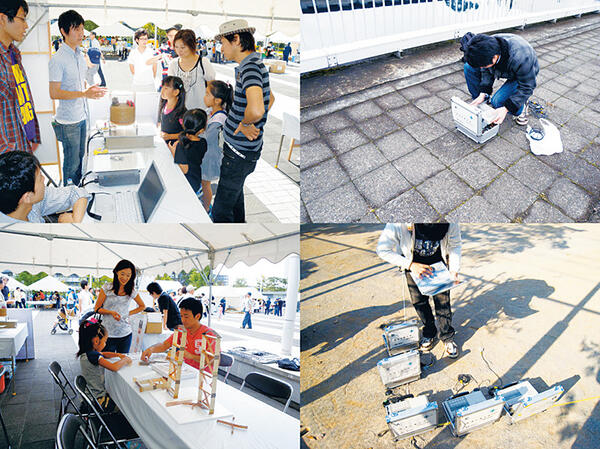
 safety
safety
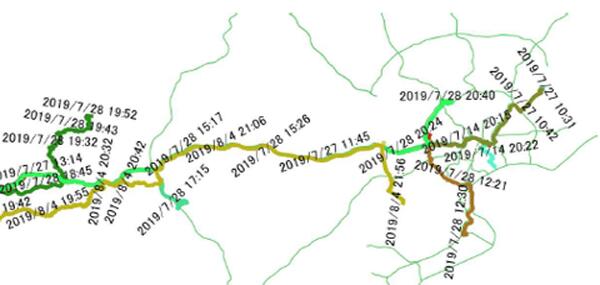
 communication
communication environment
environment society
society
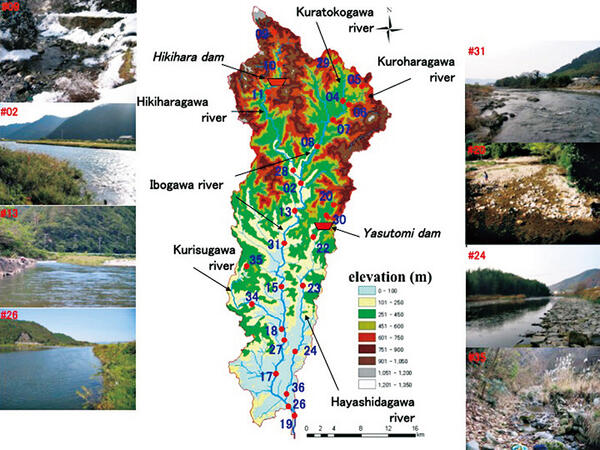
 ecology
ecology safety
safety environment
environment


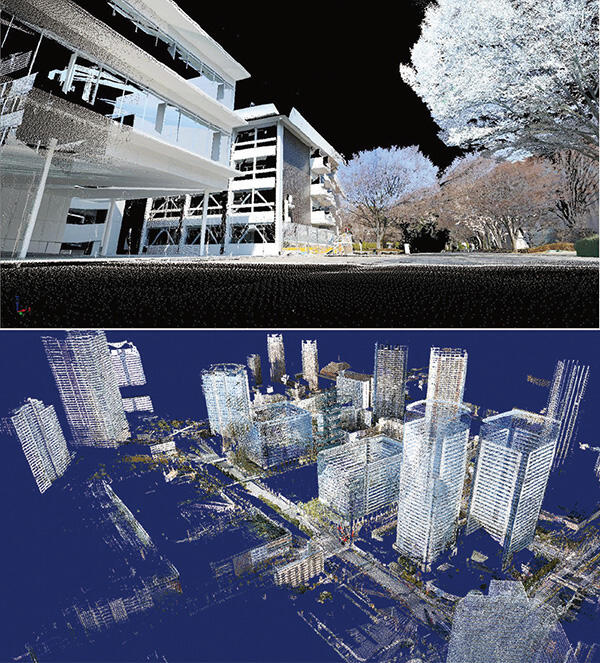
 environment
environment


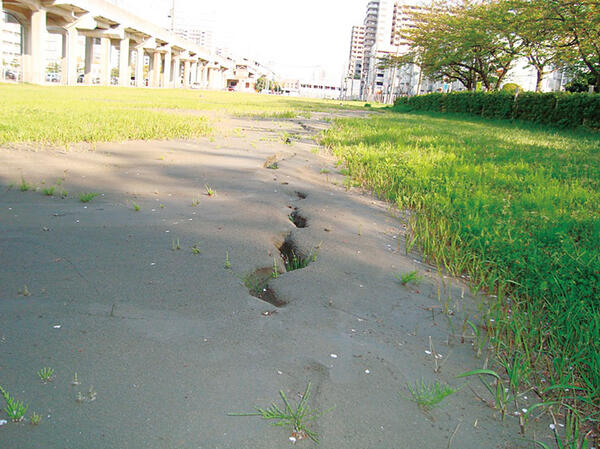
 safety
safety

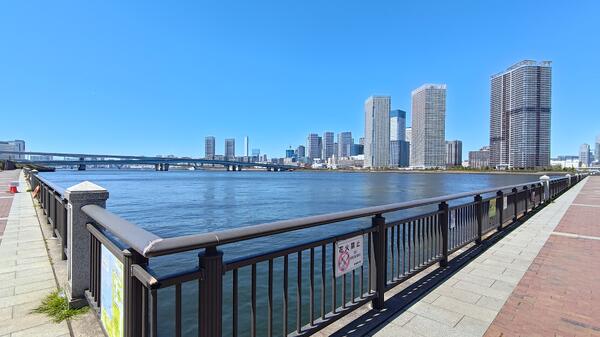
 communication
communication environment
environment society
society


 safety
safety society
society education
education

